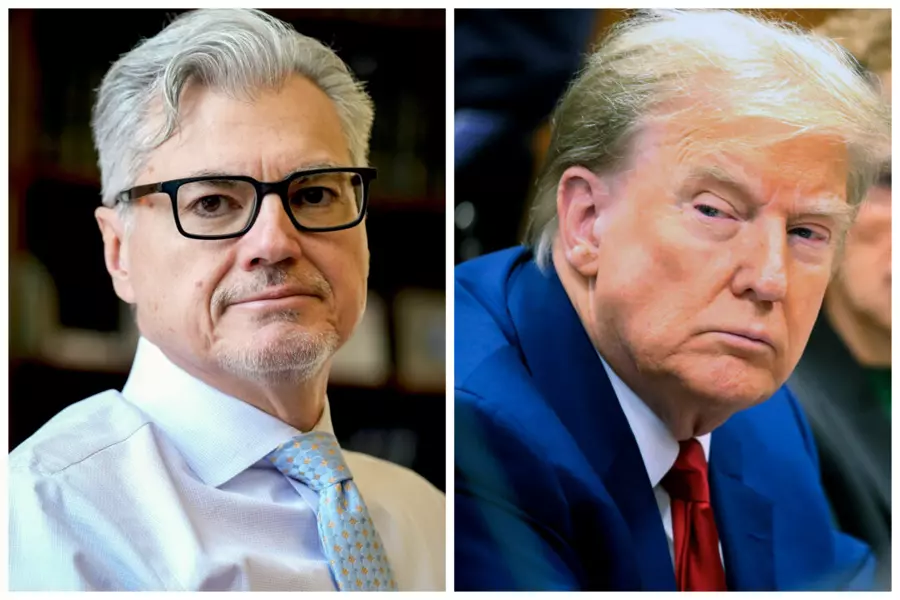Legal experts have raised concerns about the jury instructions given by Judge Juan Merchan in former President Donald Trump’s business records falsification trial, with some suggesting that the instructions were biased towards a guilty verdict. Judge Merchan informed jurors that they do not need to agree on the elements of an underlying crime for them to convict the former president.
In this case, the prosecution has charged President Trump with felony-level business records falsification, which requires proof that the fraud was conducted in order to conceal another crime. Judge Merchan’s instructions to the jury emphasized two key aspects: one is that President Trump “personally or by acting in concert with another person or persons made or caused a false entry in the records” of a business, and two, that he did so with the intent to commit or conceal another crime.
The judge further explained that even though jurors must unanimously agree that the former president conspired to promote or prevent an election by unlawful means, they do not need to be unanimous about what those unlawful means were. This point of contention has led some legal experts, such as Jonathan Turley and Phillip Kline, to argue that the jury instructions may be biased in favor of a guilty verdict.
President Trump’s defense team, however, maintains that prosecutors have not provided sufficient evidence for a conviction and asked the jury to return a not guilty verdict. Under New York state law, falsifying business records is considered a misdemeanor; however, it can be elevated to a felony if the fraud was used to cover up or commit another crime. Some legal experts have challenged the validity of Manhattan District Attorney Alvin Bragg’s decision to elevate the falsifying business records charge from a misdemeanor to a felony in this case.
As the jury begins its deliberations, it is unclear how long they may take to reach a verdict. The outcome of this trial could have significant implications for the former president and the legal landscape surrounding his potential future prosecutions.

